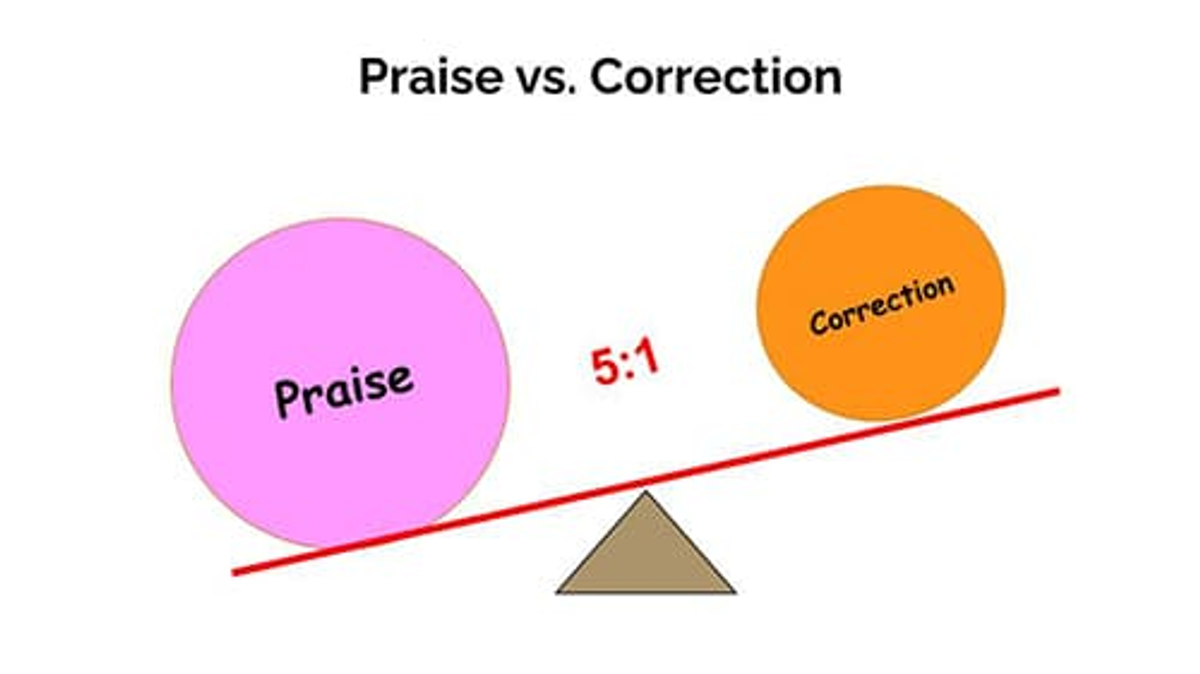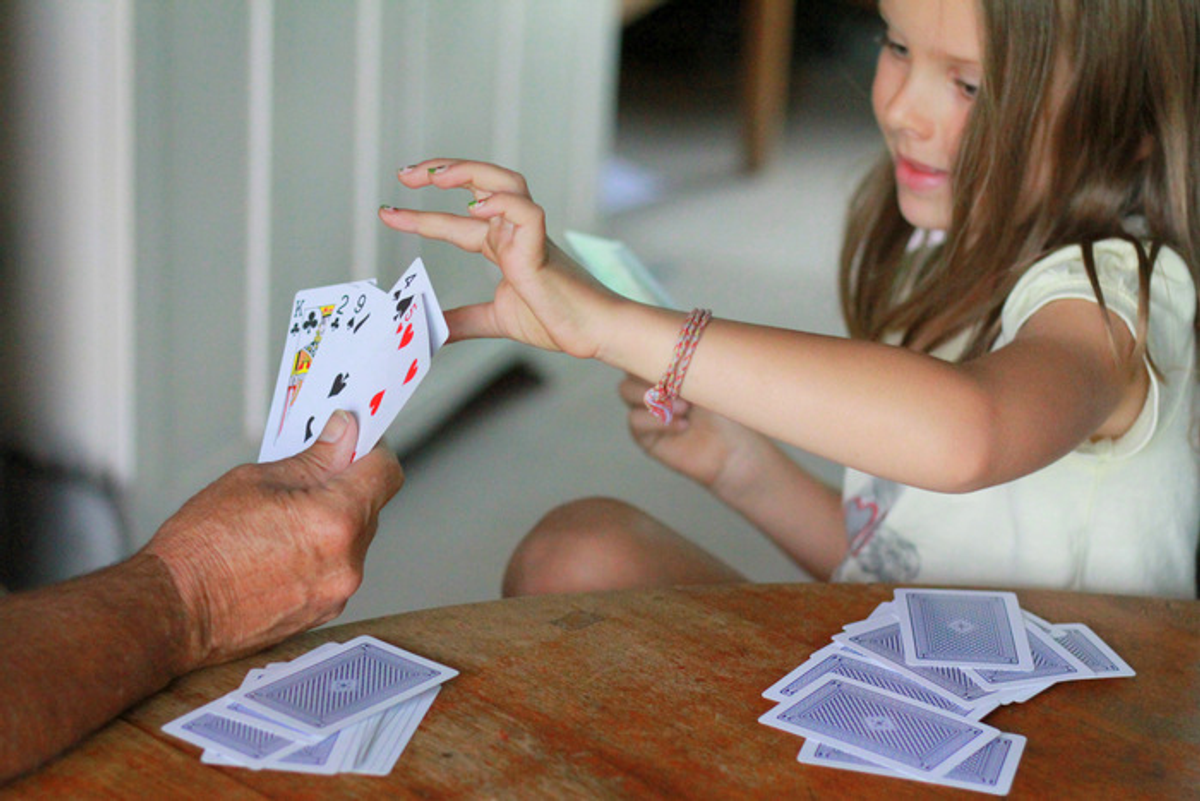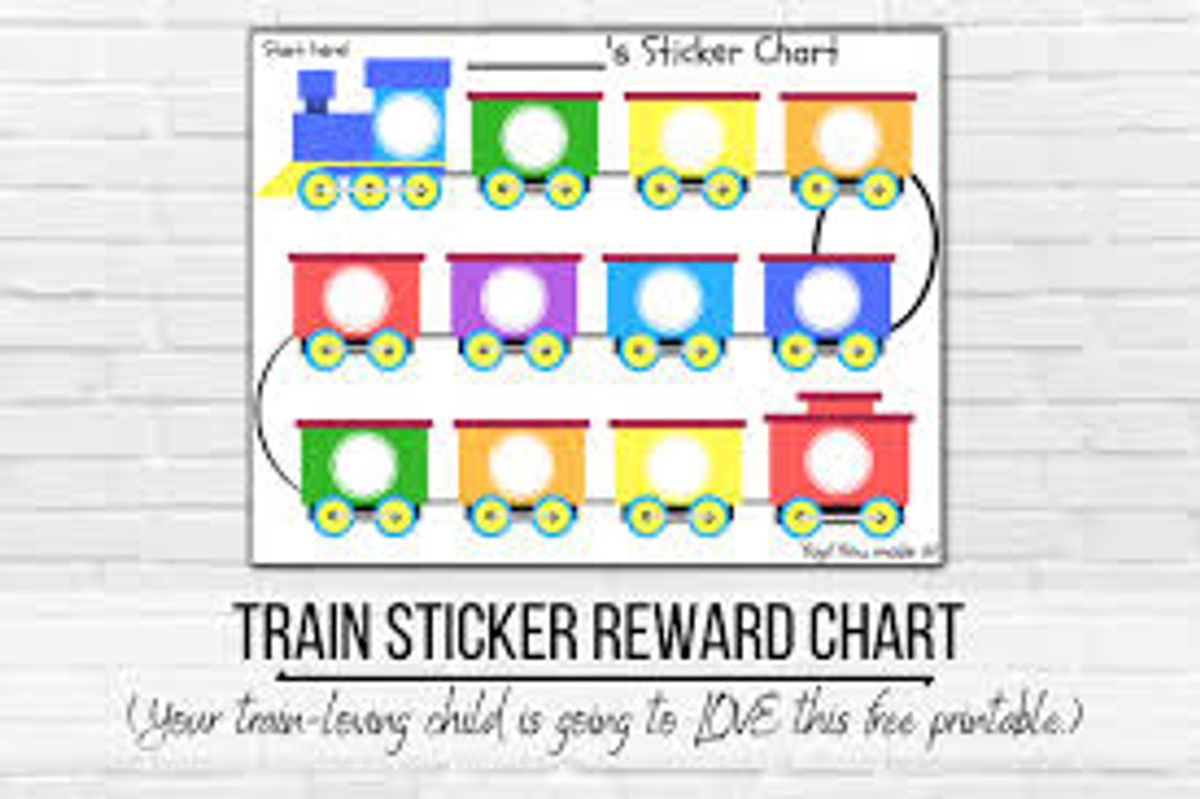Diverse Learning

How To Support Your Child if They Give Up Easily
We all need encouragement to keep trying at things that we don't feel like we are good at. Children with Learning Difficulties often get lots of comments about being untidy, being slow to do their work, rushing too much or getting the wrong answers. These negative comments can make children even less motivated to have a go at work that they may already find stressful and difficult.
It is important to make homework (and other times) as positive, successful and enjoyable as possible the following ideas may help to achieve this in your family.
What can You do If Your Child Needs Encouragement To Do Their Best
Positive Comments:
If your child does something well then praise them. Praise means letting your child know that you are pleased with what they have done and encouraging them to keep on trying their best. Here is a list of ideas of things that you may be able to let your children know that they have done well.
getting the right answer to a homework question
trying hard to do their homework well
having some creative ideas on ways to find answers to homework questions
researching on the internet
taking pride in how their school work is presented
concentrating while doing their homework
thinking of interesting or different ways to write their stories
taking care with their handwriting
listening to your explanations of how to answer homework questions
sitting still
thinking hard
being quiet
remembering to bring all of the things that they need to the homework table (eg. pens, pencils, rubbers, paper and laptop)
being careful with their spelling
Sitting up straight when writing
turning the TV off before they do their homework
wearing their glasses, using pencil grips etc
being a good sport and playing by the rules during games
being able to get dressed for school without being reminded to hurry up
helping at home
remembering routines without reminders (eg before school, after school, bed times)
Being consistent:
As you can see there are many things that your child may be doing well at. It is important to use as many opportunities as possible to encourage your child in what they are doing and make them feel that they are successful.
A good rule of thumb is to try and praise your child at least three times for every time that you correct them and also try and praise your child for every thing that they try hard at.
Be specific:
When you are praising your child try to be as specific as possible. For example, instead of saying "Well done!" it may be helpful to say something like "I'm very proud of you for trying so hard with your homework tonight even though you thought that it was going to be hard. You did a really good job!"
Being specific in the way that you praise your child will help them to understand what it is that you are saying that they have done well. It will also make your child want to try again to do well in that area. Being specific about what you are praising may also make what you are saying appear to be more genuine.
Earning rewards:
Children are often more motivated to do their best when they have a specific goal to work towards, and rewards are a good example of a motivating goal. Rewards that you choose for your child should be relatively inexpensive- so that they can be repeated and so that your child can earn the reward in a short period of time. Children find it difficult to work for things in the long term (eg. For a school term or for a year) no matter how great the reward is going to be (even if it's a motorbike!)
Having a reward that your child can try and work towards each week is best. These rewards can be anything from staying up late or choosing a video to a meal at McDonald's. Make sure that you change the reward every week as children quickly get tired of the same reward (no matter how exciting it was
the first time!)
When you are starting a reward system make sure that you explain carefully and specifically what you want them to do. Eq. A reward chart which monitors whether your child has concentrated on their homework for 15 minutes will be easier to measure than a chart which measures whether your child tried their best.
Place the chart in a place that is easy to see and put a tick (/ ) for each day in which your child meets their goal. Make sure that you start off with achievable goals (eg. Child concentrates on homework for at least 15 minutes three times in the week). Gradually increase the target behaviours as your child achieves them (eg. After a couple of months the goal might be for your child to concentrate on their homework for at least 15 minutes four times a week without your help and still stay focussed.)
Ms Janelle Schembri | Diverse Learning Coordinator






